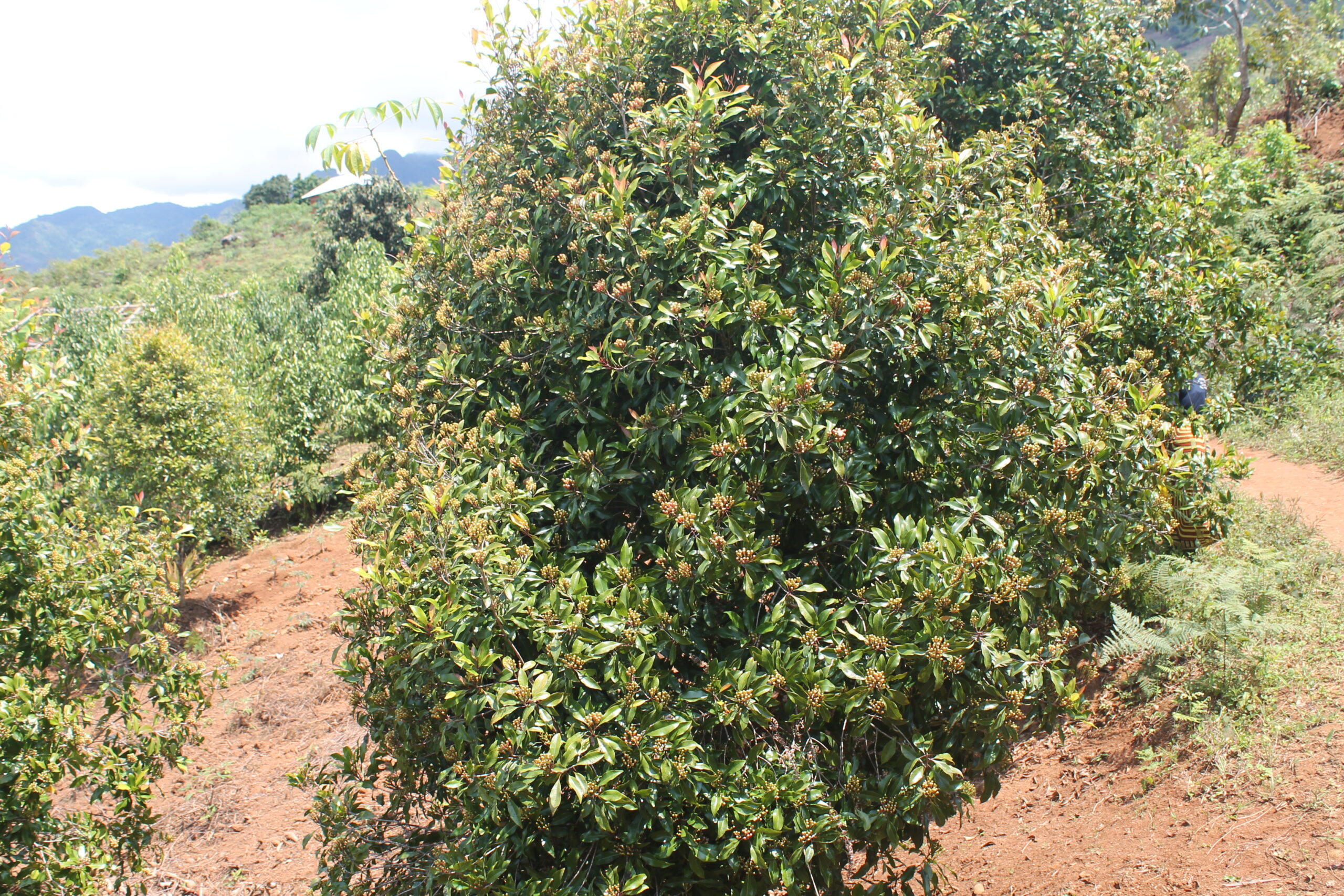Kilimokwanza.org Team
In the fertile heartlands of Morogoro, Tanzania, a gathering of minds on 15th March 2024 across the agricultural spectrum convened to address the future of one of the country’s most aromatic sectors: spice cultivation. The assembly, drawing participants from regulatory bodies, local government councils, processing companies, and civil society organizations, shared a common agenda — to petition the government for the establishment of a conducive policy environment for the spice industry.
This call for action comes at a time when the global demand for spices is on an upward trajectory, with consumers increasingly seeking natural and exotic flavors in their culinary experiences. Tanzania, with its rich biodiversity and suitable agro-climatic conditions, stands at the cusp of tapping into this lucrative market. However, stakeholders argue that without a supportive policy framework, the country’s potential remains underutilized.
The meeting highlighted the critical need for partnerships that facilitate the exchange of knowledge, best practices, and innovative solutions to the multifaceted challenges facing spice production, processing, and marketing. The emphasis was on fostering collaborations that are efficient, transparent, and goal-oriented, with clear objectives and expectations.
Among the resolutions made was the importance of producing spices that can compete on the global stage, not just in terms of quality but also in sustainability and ethical production practices. Identifying and addressing challenges across the value chain, from cultivation and processing to marketing and policy advocacy, were marked as priority areas for action.
A novel proposition emerged from the discussions — the formation of specialized working groups or committees dedicated to tackling specific segments of the spice sector. These groups would aim to streamline efforts and ensure targeted interventions for production, processing, sales, and policy advocacy.
The private sector’s role in driving the spice industry’s growth was underscored, with a call for business practices that are both effective and transparent. This sector is seen as pivotal in transforming Tanzania’s spice cultivation from a primarily subsistence activity into a commercially viable and globally competitive industry.
Dr. Musa Ally Musa, the Regional Administrative Secretary of Morogoro, painted a vivid picture of the region’s potential, citing the successful cultivation of high-value crops such as cloves, cinnamon, cardamom, and lemon grass. He revealed that in 2023 alone, Morogoro’s clove production reached a staggering 2,000 tons, valued at 36 billion shillings. Such figures not only demonstrate the region’s capacity but also the economic benefits that a well-supported spice sector can deliver.
John Nakei, Manager at the Southern Highlands Agriculture Development Center (SAGCOT) in the Kilombero cluster, reinforced the sentiment of optimism. Thanks to a concerted effort involving the Regional Commissioner’s Office and the proactive engagement of agricultural stakeholders, the initiative to boost clove production has seen remarkable progress. “We are well-prepared to ensure that cloves are produced in large quantities and with the same quality, including providing training for farmers and extension officers,” Nakei said
As Tanzania stands at the crossroads of traditional agriculture and modern agribusiness, the spice sector’s stakeholders are not just envisioning a future of enhanced production and profitability. They are laying the groundwork for a sustainable industry that promises to spice up the country’s economy while delivering flavors that the world craves. The call for a friendly policy environment is not merely administrative; it is will lead to conomic transform. Government representatives at the meeting were drawn from the Cereals and Other Produce Regulatory Authority (COPRA) and district councils.
